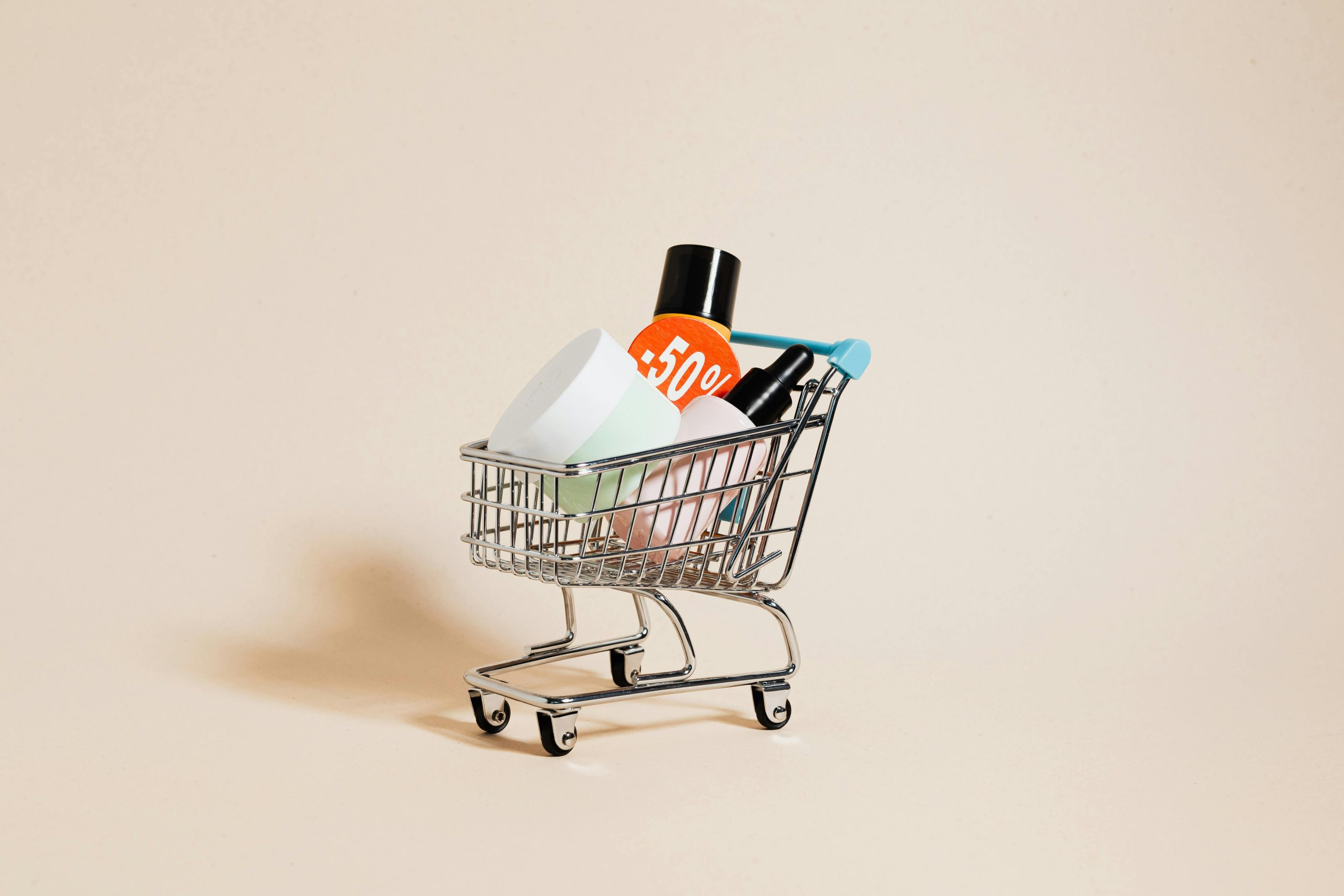The End of Brand Loyalty? How Consumers Shop in 2025
In today’s ever-changing world, brand loyalty seems to be a thing of the past. With the rise of e-commerce and the influx of new products and services constantly entering the market, consumers have more options than ever before. In fact, research shows that the vast majority of consumers (87%) are willing to switch from their preferred brand to try something new. With technology and consumer behaviors constantly evolving, it begs the question: will brand loyalty even exist in 2025? Let’s dive in and explore how consumers will shop in the future and what this means for brand loyalty.
The Rise of E-Commerce
Gone are the days of traditional brick and mortar stores being the main source of shopping for consumers. E-commerce has completely transformed the way we shop, and this trend shows no signs of slowing down. In fact, a recent study found that global e-commerce sales are projected to reach a staggering $5.4 trillion by 2025. With just a few clicks, consumers can easily compare prices, read reviews, and make purchases from the comfort of their own home. This accessibility and convenience have drastically changed the way consumers make buying decisions, and as a result, brand loyalty has become an afterthought.
The Power of Social Media
The rise of social media has also played a significant role in the decline of brand loyalty. With platforms like Instagram, Facebook, and TikTok, consumers are constantly bombarded with advertisements for new products and services. Social media influencers have also become powerful figures in the marketing world, as they can reach a vast and engaged audience swiftly. When a new product or service is being marketed by an influencer, it grabs the attention of their followers, resulting in the potential loss of brand loyalty for their preferred brand. Additionally, social media has made it easier for consumers to discover and support smaller, niche brands, further disrupting the traditional brand loyalty model.
The Emergence of Gen Z
Gen Z, or those born between 1995 and 2012, are fast becoming the biggest generation in terms of consumer spending power. This generation grew up in a technologically advanced world, where they are used to having a wealth of options at their fingertips. As a result, they are much less likely to stick to one brand and are more open to trying new things. This shift in behavior has already been seen in the food and beverage industry, where 43% of Gen Z consumers say they prefer to buy from new and interesting brands rather than established ones.
The Future of Brand Loyalty
So, what does this all mean for brand loyalty in 2025? The reality is, it will likely no longer exist in the traditional sense. With the rise of e-commerce, social media, and the emergence of Gen Z, it is clear that consumer behaviors have changed dramatically. This doesn’t mean that brands will become obsolete, but rather that they will need to adapt their marketing strategies to remain relevant in a constantly evolving market.
Focus on Building Relationships
With brand loyalty on the decline, it becomes even more important for businesses to build strong relationships with their customers. Establishing a personal connection with consumers can go a long way in retaining their loyalty. This can be achieved through personalized marketing, engaging with consumers on social media, and providing exceptional customer service.
Innovation and Adaptability
To succeed in the future of consumer shopping, brands will need to be innovative and adaptable. Keeping up with technology and consumer trends is crucial in staying relevant and appealing to modern shoppers. Brands that can anticipate and adapt to changes in the market will have a better chance of retaining their customer base and staying competitive.
Creating Unique Experiences
In a world where consumers have more options than ever, brands need to find ways to stand out. Creating unique experiences for customers, whether it be through personalized products or engaging in-person events, can help foster brand loyalty. By providing value and creating memorable experiences, brands can set themselves apart from the competition and foster a loyal customer base.
In conclusion, the end of brand loyalty may be upon us, but that doesn’t mean the end of successful businesses. While traditional brand loyalty may be a thing of the past, brands that can adapt to the changing consumer landscape and build strong relationships with customers will be the ones that thrive in 2025 and beyond.











